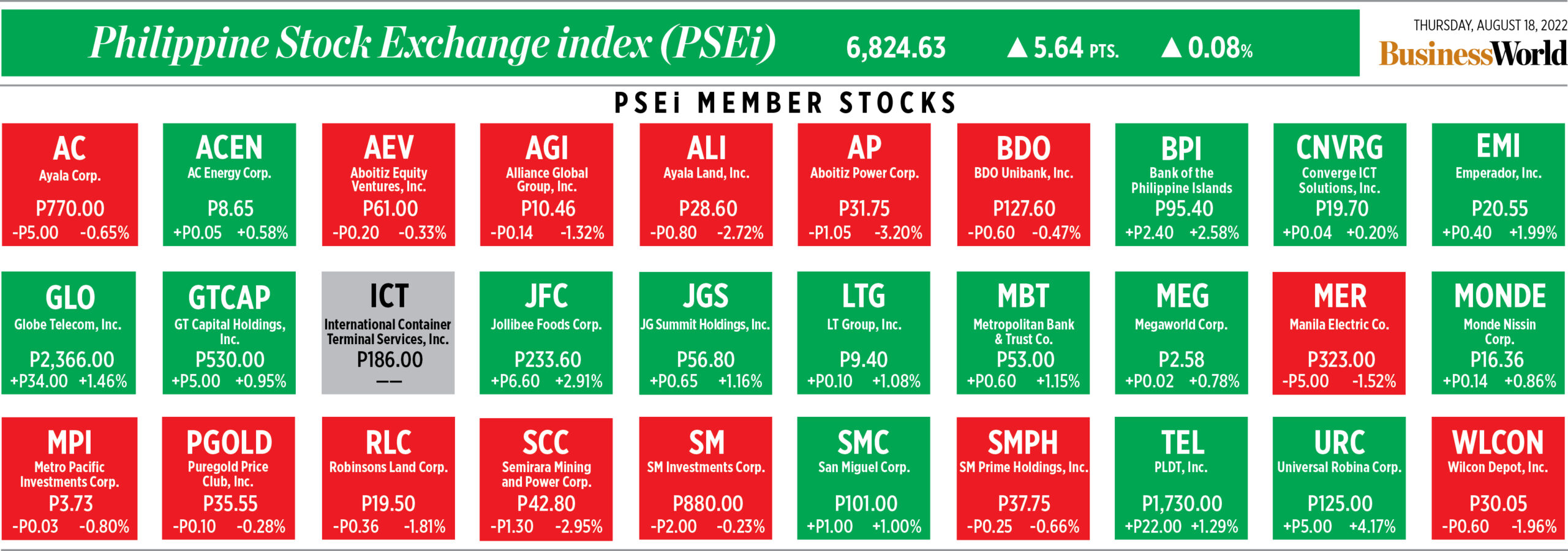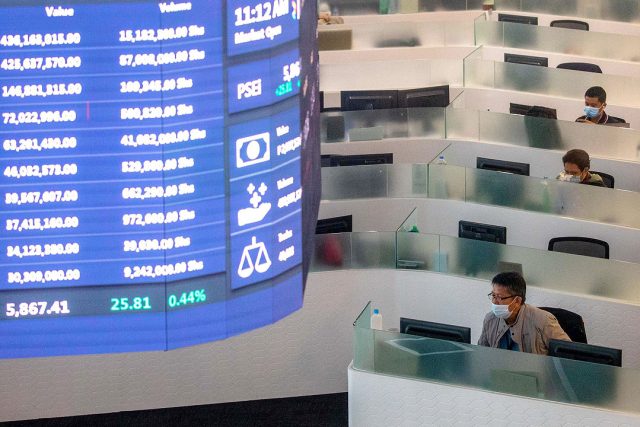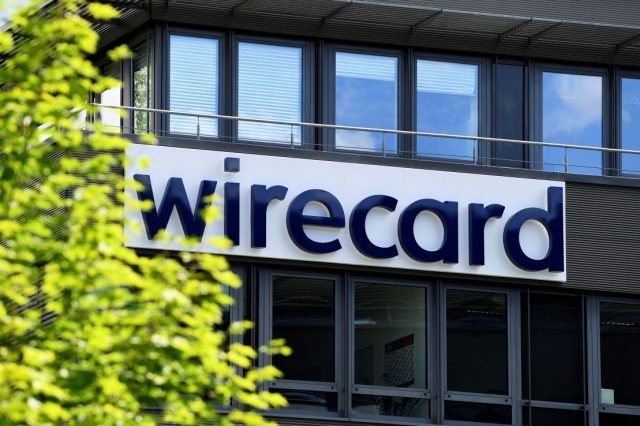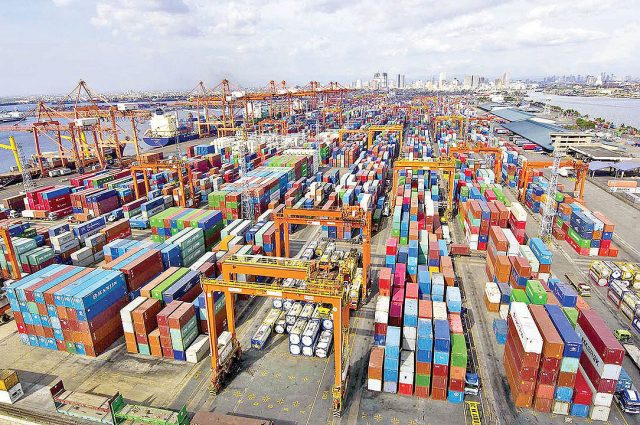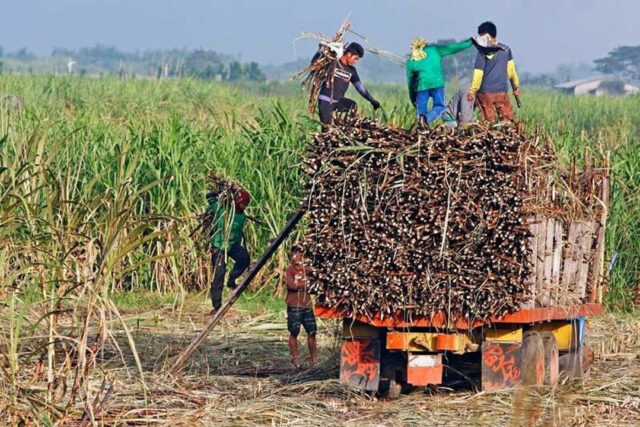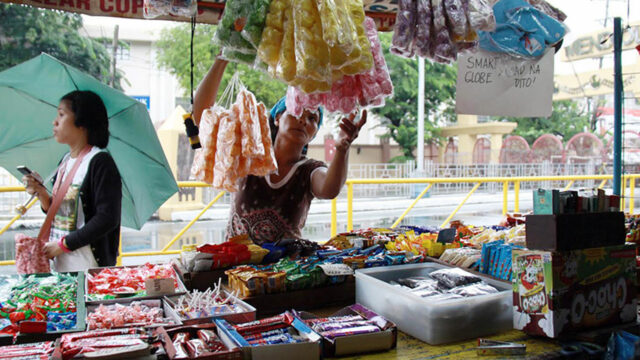Entertainment News (08/19/22)
A night with Daddy Kool
TWO years after his sold-out show in Manila, CEO-turned-stand-up comedian Atul Khatri returns with a whole new set and a whole lot of jokes with Daddy Kool, in September at the Sheraton Hotel Manila in Pasay City. “Now that I’m back with Daddy Kool, expect new jokes about my COVID-19 experience, my new dog, my daughters, and my family,” he said in a statement. Ten years ago, he was the CEO of an Indian IT company and tried out stand-up comedy as a way to break the monotony of his life and try something new, and is now one of India’s top stand-up comedians. Daddy Kool will be held on Sept. 2, 9:15 p.m. (cocktails begin at 7:30 p.m.). Tickets are priced at P3,000 (Silver), P3,500 (Platinum), and P4,000 (VIP Black). Daddy Kool is produced by Primei Events, Inc. and presented by Esquire Financing Inc. and Collabera. For more information and inquiries, contact 0928-503-0545 or 0917-148-0545.
Any Names Okay releases new EP
FILIPINO alternative pop band Any Names Okay released their sophomore EP, Leaving Home, via Sony Music Philippines. The six-track release digs deeper into the journey of navigating adulthood and embracing the uncertainty that comes with the process. “As a band, we’re maturing in our songwriting and the way that we operate as creatives,” the five-member group said in a statement. “We want to grow old with our listeners — which can be scary, but very exciting. A lot of those fears and joys can be found in this collection of songs.” Its focus track, “Takbo,” tackles breaking free from burnout and hustle culture. The EP launch on Aug. 20 at Dirty Kitchen (Gravity Art Space), Quezon City is already sold out. Leaving Home is available on all digital music platforms worldwide.
Shanti Dope releases new single
RAPPER Shanti Dope releases his new single, “Tricks,” a song that revels in one’s need of an emotional connection and the magnetic sexual attraction that might develop into something more. Co-written by Lester Paul Vano, “Tricks” is Shanti Dope’s take on an easygoing yet more mature manner of delivering his perspective and storytelling. The song’s official lyric video gained over 100,000 views on YouTube. “Tricks” is available on all digital platforms.
Smile the opening film at Fantastic Fest 2022
PARAMOUNT Pictures’ new horror feature Smile is set to make its world premiere as the Opening Night Film at the Fantastic Fest 2022, running from Sept. 22-29 in Austin, Texas. Smile has been described as the intensely creepy debut feature from Parker Finn that will have even the seasoned Fantastic Fest crowd gripping their armrests in genuine fright. Held every September in Austin, Fantastic Fest is the largest genre film festival in the US, specializing in horror, fantasy, sci-fi, action and just plain fantastic movies from all around the world. Smile follows Dr. Rose Cotter (Sosie Bacon) who, after witnessing a bizarre, traumatic incident involving a patient, starts experiencing frightening occurrences that she can’t explain. Rose must confront her troubling past in order to survive and escape her horrifying new reality. Written and directed by Parker Finn, the film stars Sosie Bacon, Jessie T. Usher, Kyle Gallner, Robin Weigert, Caitlin Stasey with Kal Penn and Rob Morgan. Smile will be shown in cinemas across the Philippines starting Sept. 28, distributed in the Philippines by Paramount Pictures through Columbia Pictures.








